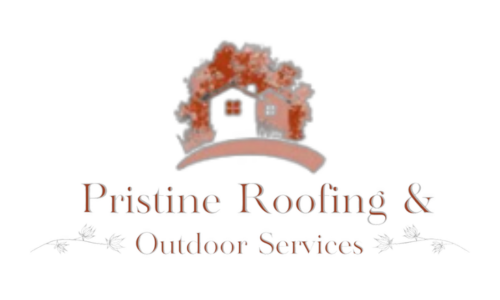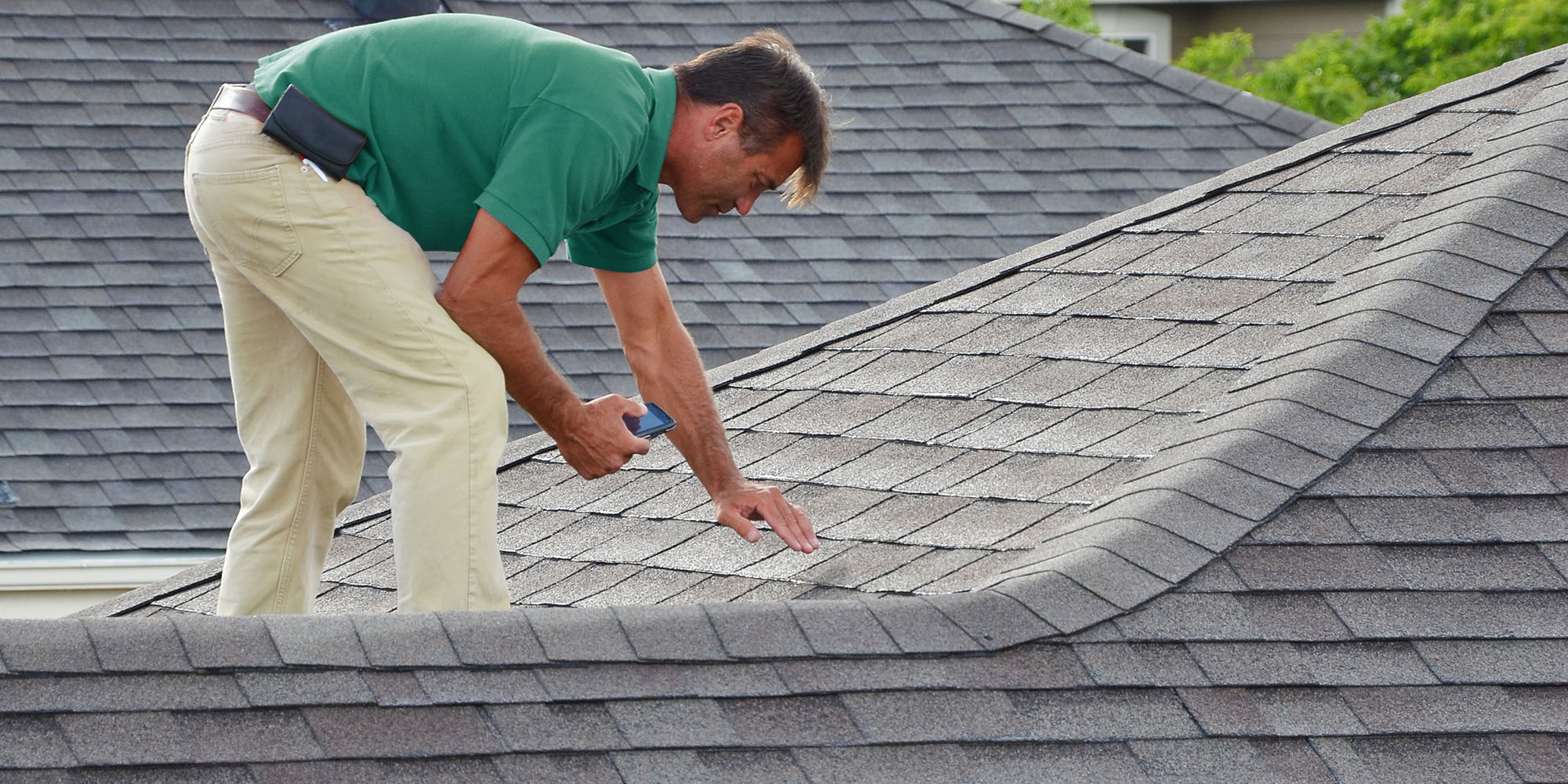Ensuring the integrity of your roof is crucial for the safety and security of your home. A professional roof inspection service can help identify potential issues before they become costly problems, safeguarding your investment. This blog post will walk you through the importance, process, and benefits of using a roof inspection service.
The Importance of Regular Roof Inspections
Preventative Maintenance
Regular roof inspections are essential to extend the lifespan of your roof. A roof inspection service identifies minor issues before they escalate, saving you from extensive repairs or replacements.
Cost Savings
By catching problems early, a roof inspection service can save you significant money. Regular maintenance avoids the high costs associated with major repair works.
Safety and Security
Roof inspections ensure the structural integrity of your roof, protecting your home from potential collapses and leaks that can lead to interior damage. They also ensure compliance with local building codes, enhancing the safety of your dwelling.
What Does a Roof Inspection Cover?
Structural Inspection
A roof inspection service examines the evenness of the roof plane and checks for signs of sagging. Inspectors also assess the soffit, fascia, and gutter system to ensure they are in good condition.
Material Inspection
Inspectors will scrutinize the roofing materials—shingles, tiles, etc.—for signs of wear and damage, such as cracking or curling.
Interior Inspection
The inspection extends to the inside of the house, where professionals look for water intrusion and mold. They also ensure that insulation and ventilation in the attic are up to standard.
Choosing the Right Roof Inspection Service
Credentials and Experience
When choosing a roof inspection service, look for providers with the proper qualifications and a solid track record. Certified inspectors are more likely to spot issues that an untrained eye would miss.
Technological Proficiency
Advanced technologies like drones and infrared cameras can significantly enhance the effectiveness of a roof inspection. Ensure your service provider uses the latest technologies.
Customer Reviews and Testimonials
Customer feedback can provide insights into the reliability and quality of the roof inspection service. Look for reviews that detail the professionalism and outcome of the services provided.
The Roof Inspection Process Explained
Initial Consultation
Your roof inspection service will start with a consultation to discuss your roof’s history and any specific concerns you may have. This is also the time to clarify the scope of the inspection.
During the Inspection
The inspector will methodically check your roof, using tools and techniques that allow them to assess its condition thoroughly. They typically look for damaged or missing shingles, signs of leaking or water damage, and structural issues.
Post-Inspection Report
After the inspection, you will receive a detailed report that outlines the findings. The report will include photographs, descriptions of potential problems, and recommendations for repairs or maintenance.
When to Schedule a Roof Inspection
Routine Inspections
Experts recommend having your roof inspected by a roof inspection service at least once every two years, and annually if you live in areas prone to severe weather.
After Severe Weather
If your home has been subjected to severe weather, like heavy storms or hurricanes, schedule an inspection to ensure that no structural damages have occurred.
Before Buying or Selling a Home
A roof inspection is crucial when buying or selling a home, as it can significantly affect the property’s value. A roof inspection service can provide potential buyers or sellers with peace of mind about the condition of the roof.
Common Problems Identified During Roof Inspections
Leakages and Water Damage
A roof inspection service often identifies and addresses leaks and water damage, which are among the most common roof issues.
Worn or Damaged Roofing Materials
Inspectors can spot when shingles or tiles are due for replacement before they fail, preventing water from penetrating the underlayment and structural components.
Structural Issues
Any signs of roof sagging or structural weakening are red flags that professionals are trained to identify and address promptly.
DIY Roof Inspection Tips
Safety First
If you decide to inspect your roof yourself, prioritize safety by using a sturdy ladder, wearing non-slip shoes, and never working alone.
What You Can Check Yourself
Homeowners can look for visible signs of damage such as missing shingles or debris in the gutters. However, for a thorough inspection, a professional roof inspection service is recommended.
When to Call a Professional
If you identify potential problems or if your DIY inspection raises concerns, calling in a professional is the next best step. Their expertise can be crucial in diagnosing and resolving roof issues.
The Cost of Roof Inspection Services
Pricing Models
The cost of a roof inspection service can vary based on the size of the roof and the complexity of the inspection. Typically, homeowners can expect to pay between $100 and $750.
Investing in Quality
Opting for a reputable and thorough roof inspection service can prevent future expenses and provide safety and security for everyone in the home.
Cost Comparison: DIY vs. Professional
While a DIY inspection can be free, the risks and potential oversight might end up costing more if significant issues go unnoticed.
Innovations in Roof Inspection Services
Drone Inspections
Drones allow inspectors to safely assess difficult-to-reach areas and gather detailed data without the risk associated with traditional methods.
Infrared Technology
Infrared technology helps detect moisture issues and insulation failures, providing a more comprehensive overview of the roof’s condition.
Software and Reporting Advancements
Modern roof inspection services utilize specialized software to deliver detailed reports that provide homeowners with actionable insights into their roof’s condition.
Preparing Your Home for a Roof Inspection
Access and Clearances
Ensure that there is clear access to your roof for the inspector by removing any obstacles that could pose hazards.
Documentation and Previous Repairs
Have documentation ready regarding any previous repairs or maintenance to provide the inspector with a comprehensive history of your roof.
Expectations During the Visit
During the inspection, expect the professional to spend at least an hour examining your roof, depending on its size and condition. They might also take photographs and notes.
Legal and Insurance Aspects of Roof Inspections
Compliance and Regulations
Ensure that your roof inspection service complies with all local regulations and codes to avoid legal issues.
Insurance Claims
A professional roof inspection can provide the necessary documentation for insurance claims, especially after damage caused by natural events.
Liability and Warranty Issues
Understand the warranty and liability terms provided by your roof inspector to ensure you are covered in case of oversight or further damage.
Choosing Roof Repair Services After an Inspection
Evaluating Repair Needs
Based on the inspection report, prioritize repairs based on urgency and your budget. Your inspector can help you understand which issues require immediate attention.
Selecting a Roof Repair Contractor
Choose a contractor who is licensed, insured, and has good reviews. Ensure they have experience with your type of roof.
Cost and Financing Options
Discuss payment options with your contractor. Some might offer financing plans, especially for extensive repair jobs.
Frequently Asked Questions (FAQs)
1. Why is a roof inspection necessary?
A roof inspection helps identify potential issues early, extending the lifespan of your roof and preventing costly repairs. It ensures your roof is in good condition to withstand weather conditions and protects your home from potential damage.
2. How often should I have my roof inspected?
It is recommended to have your roof inspected at least once every two to three years. However, if your area experiences severe weather conditions like heavy storms or hurricanes, it’s advisable to inspect more frequently, such as annually.
3. What does a roof inspector look for?
A roof inspector checks for several key issues: structural integrity, material condition (such as missing, warped, or deteriorated shingles or tiles), signs of leakage and water damage, and problems with drainage systems. They also examine the roof for any potential ventilation and insulation issues.
4. Can I perform a roof inspection myself?
While homeowners can perform basic visual inspections to spot obvious damage, professional inspections are recommended. Professionals have the tools, knowledge, and experience to identify issues that are not obvious to the untrained eye.
5. How long does a roof inspection take?
The duration of a roof inspection can vary depending on the size and complexity of the roof. Generally, an inspection can take anywhere from 45 minutes to several hours.
6. What should I do to prepare for a roof inspection?
Ensure clear access to your roof and remove any obstacles that might hinder the inspector’s ability to perform a thorough inspection. Also, provide any relevant documents or records of previous repairs or issues.
7. What happens if a problem is found during the inspection?
If issues are detected during an inspection, the inspector will recommend the next steps, which might include minor repairs or, in some cases, a more significant intervention like a partial or full replacement. They typically provide a detailed report outlining all findings and suggestions.
8. Does a roof inspection include the attic?
Yes, a comprehensive roof inspection includes examining the attic. Inspectors look for proper insulation, ventilation, moisture, and any signs of water penetration that could indicate roof leaks.
9. What is the cost of a roof inspection?
The cost of a roof inspection varies based on location, roof size, and the complexity of the inspection. On average, homeowners can expect to pay between $100 and $750.
Conclusion
Regular roof inspections are a critical maintenance task that should not be overlooked. Engaging in a professional roof inspection service not only ensures the longevity of your roof but also enhances the safety and value of your home. Remember, the cost of an inspection is minimal compared to the potential expenses of dealing with a failed roof. Schedule your next inspection today and ensure your roof remains in top condition.







